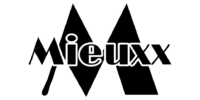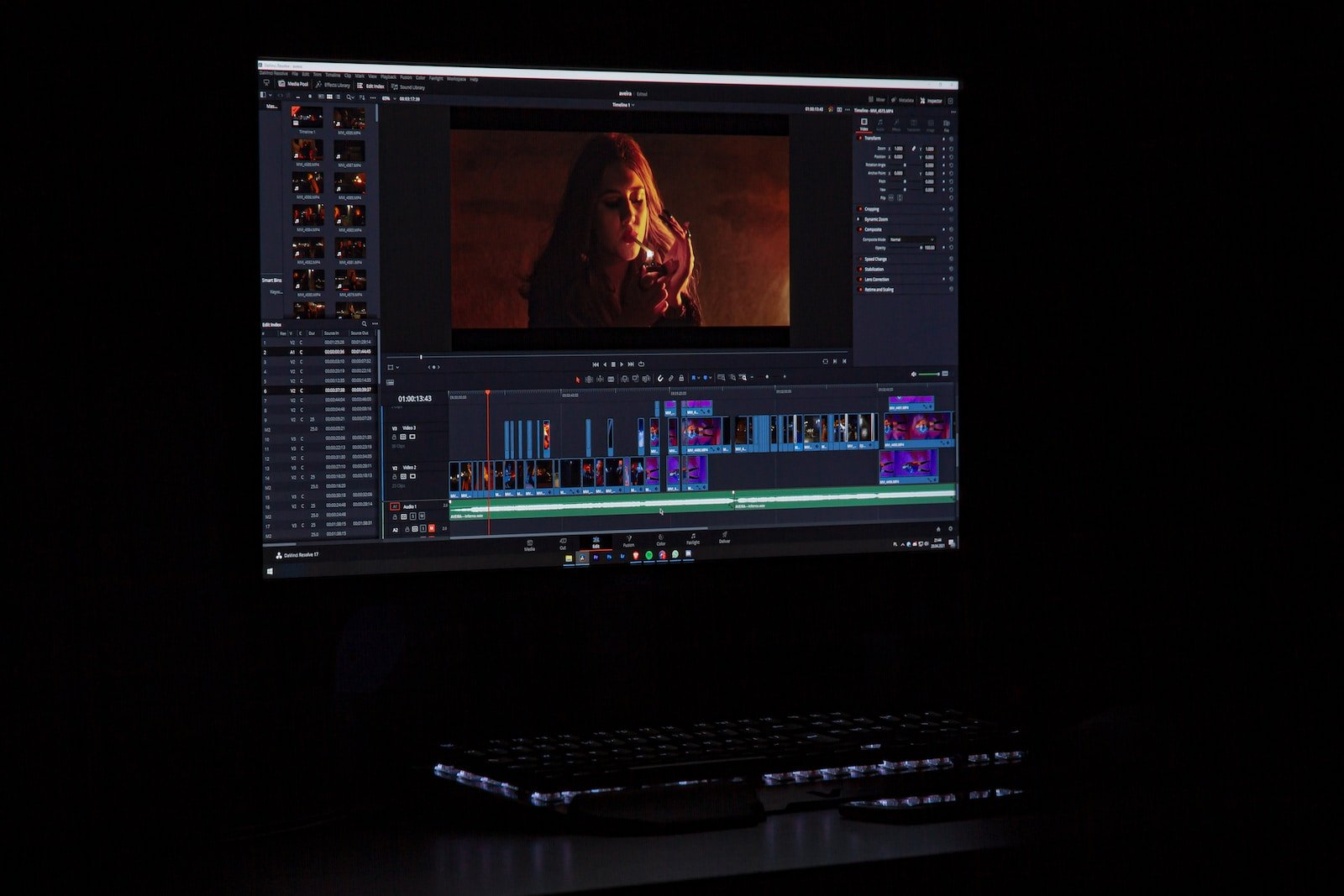In the intricate tapestry of the digital world, where computers seamlessly orchestrate our daily tasks, a perplexing challenge often emerges—excessive RAM consumption. This phenomenon manifests as a voracious appetite for Random Access Memory (RAM), leading to sluggish performance, delayed responses, and an overall compromised user experience. In this extensive guide, we embark on a journey to unravel the mysteries behind why your PC might be devouring memory resources without apparent cause. Beyond mere diagnosis, we delve into practical solutions and optimizations, ensuring your computer operates at its full potential.
Understanding RAM: The Nerve Center of Computing
To comprehend the intricacies of excessive RAM consumption, we must first establish a foundational understanding of RAM. Random Access Memory serves as the volatile, short-term memory of a computer, facilitating quick access to data actively used by the operating system and applications. When RAM is excessively consumed, it can lead to performance bottlenecks, hindering the seamless functioning of your computer.
The Puzzling Phenomenon: Unraveling the Why
The first step in addressing excessive RAM consumption is understanding the potential reasons behind this enigmatic phenomenon. Let’s embark on a journey to uncover the mysteries of your computer’s seemingly insatiable appetite for RAM.
1. Background Processes and Hidden Tasks
Even with all visible windows closed, your computer may continue buzzing with background processes and hidden tasks. Programs running in the background, automatic updates, and system tasks contribute to RAM consumption, even when you are not actively engaged with these applications.
2. Malware or Trojans
The presence of malware or Trojan infections can clandestinely consume your computer’s resources, including RAM. In such instances, your system might exhibit sluggish performance as unauthorized entities exploit your resources. Regularly scanning for malware and employing robust antivirus measures is crucial.
3. Unoptimized Program Usage
Certain programs may persistently consume RAM, even when not in direct use. This could be attributed to tasks, updates, or processes associated with these programs. Identifying and optimizing the usage of programs is vital to prevent unnecessary RAM consumption.
4. Insufficient RAM for Workload
In some cases, the straightforward explanation for excessive RAM usage is an insufficient amount of RAM for the tasks and programs you intend to run. Modern applications and resource-intensive processes may overwhelm a system with limited RAM, leading to performance issues.
Addressing RAM Overconsumption: Practical Solutions
Now that we’ve identified potential causes, let’s explore actionable solutions to address RAM overconsumption and optimize your computer’s performance.
1. Task Manager Investigation
- Close Unnecessary Processes: Utilize the Task Manager to identify and close unnecessary processes consuming RAM. This can include background applications or processes that linger after closing windows.
2. Malware and Antivirus Measures
- Scan for Malware: Conduct thorough malware scans using reputable antivirus software to detect and eliminate any malicious entities consuming your system’s resources.
- Regular Antivirus Updates: Ensure your antivirus software is regularly updated to combat evolving threats effectively.
3. Program Optimization
- Uninstall Unused Programs: Identify and uninstall programs that you no longer use or find unnecessary. This frees up valuable RAM and contributes to system optimization.
- Check Startup Programs: Review and manage programs that launch during startup. Disable unnecessary startup programs to reduce RAM consumption.
4. Browser Optimization
- Check Browser Extensions: Examine browser extensions, especially in popular browsers like Chrome. Too many plugins or extensions can strain your computer’s resources.
- Adware and Browser Cleanup: Run adware and browser cleanup tools to eliminate unwanted elements affecting browsing performance.
5. Consider RAM Upgrade
- Evaluate RAM Capacity: Assess whether your current RAM capacity is sufficient for your computing needs. If not, consider upgrading your RAM to accommodate resource-intensive tasks.
Consulting IT Professionals for Optimal Support
If the challenges persist or if you prefer professional guidance, consulting IT professionals is a prudent step. Their expertise can provide tailored solutions, ensuring your computer’s RAM usage is optimized for optimal performance.
The Road to Ongoing Optimization: A Continuous Journey
As technology evolves, the landscape of computing continues to shift. Regular reassessment and updates to your optimization strategies are paramount to staying ahead of emerging challenges. Consider conducting periodic training sessions for your staff to enhance their awareness of RAM management best practices. Collaborate with IT professionals and stay engaged in online communities to stay informed about the latest developments in the realm of RAM optimization.
Embracing RAM management as a dynamic aspect of your overall computing strategy contributes not only to resolving existing issues but also to fortifying your system against future challenges. The journey to optimal RAM utilization is continuous, and by staying committed to ongoing learning and adaptation, your computer can navigate the digital landscape with confidence and emerge stronger in the face of evolving challenges.
Exploring Advanced Strategies for RAM Optimization
While the aforementioned solutions address common scenarios, delving into advanced strategies can further enhance your RAM optimization efforts. Consider the following advanced tactics to elevate your computer’s performance:
1. Memory Compression Techniques
Explore advanced memory compression techniques to efficiently utilize available RAM. Memory compression allows the operating system to compress data in RAM, freeing up space for additional processes.
2. RAM Disk Implementation
Consider implementing a RAM disk—an area of RAM used as a high-speed virtual drive. This technique involves creating a virtual disk in RAM, providing faster access times than traditional storage devices.
3. Dynamic RAM Allocation
Explore dynamic RAM allocation strategies where the operating system intelligently adjusts the allocation of RAM based on the current workload. This ensures optimal utilization without manual intervention.
4. Cloud-Based RAM Expansion
Innovative solutions involve leveraging cloud-based services for RAM expansion. Some platforms offer the ability to augment your local RAM with cloud resources, providing additional flexibility for resource-intensive tasks.
5. Analyzing Resource-Hungry Applications
Utilize advanced tools to analyze and identify resource-hungry applications. Tools like Windows Performance Monitor can provide detailed insights into the resource consumption of individual applications, aiding in targeted optimization.
Embracing a Proactive Approach to RAM Management
Beyond reactive measures, adopting a proactive approach to RAM management involves integrating robust practices into your computing routine. Consider the following proactive strategies to maintain optimal RAM performance:
1. Regular System Maintenance
Implement routine system maintenance practices, including disk cleanup, defragmentation, and system updates. Keeping your system in top shape reduces the likelihood of resource inefficiencies.
2. Performance Monitoring Tools
Employ advanced performance monitoring tools to gain real-time insights into your system’s resource utilization. Tools like Process Explorer and HWMonitor provide detailed metrics for proactive management.
3. Automated RAM Optimization Software
Explore the use of automated RAM optimization software. These tools intelligently manage RAM usage, freeing up resources when needed and ensuring optimal performance without manual intervention.
4. Hardware Upgrades for Overall Performance
Consider comprehensive hardware upgrades, including faster storage devices, advanced processors, and optimized cooling solutions. A well-balanced hardware configuration contributes to overall system efficiency.
5. User Education and Best Practices
Empower users with knowledge about RAM management best practices. Educate them on the impact of resource-intensive applications and the importance of closing unnecessary programs to maintain optimal system performance.
Navigating Future Frontiers: Anticipating RAM Challenges
As we peer into the future of computing, it’s essential to anticipate and prepare for evolving RAM challenges. The following considerations offer a glimpse into future frontiers of RAM management:
1. Integration of AI-Based Optimization
Anticipate the integration of Artificial Intelligence (AI) for dynamic RAM optimization. AI algorithms can adaptively manage RAM resources based on usage patterns, providing an intelligent and responsive approach.
2. Continued Growth of Resource-Intensive Applications
As applications continue to evolve, expect a surge in resource-intensive software. Staying ahead of this trend involves regularly assessing your system’s capabilities and upgrading hardware accordingly.
3. Enhanced Cloud Integration for RAM Expansion
Look towards enhanced cloud integration for seamless RAM expansion. Cloud services may offer more sophisticated solutions for dynamically scaling your system’s RAM based on demand.
4. Collaboration with RAM Management Experts
Consider establishing partnerships with RAM management experts and consulting services. Collaborating with professionals who specialize in optimizing RAM usage ensures access to the latest strategies and technologies.
5. Emphasis on Sustainable Computing
In the future, expect an emphasis on sustainable computing practices. Efficient RAM management aligns with broader sustainability goals by optimizing resource usage and minimizing electronic waste.
A Culmination of Knowledge: From Diagnosis to Mastery
In this comprehensive guide, we’ve traversed the realm of RAM management, from diagnosing the perplexing issue of excessive consumption to mastering advanced strategies for optimization. The journey doesn’t end here—it extends into the future, where the landscape of computing will continue to evolve.
By embracing a proactive mindset, staying informed about emerging technologies, and fostering a culture of continuous learning, you position yourself at the forefront of effective RAM management. As you navigate the dynamic currents of the digital age, may your computing experience be marked by efficiency, responsiveness, and a mastery of the ever-elusive RAM puzzle.
Conclusion: Regaining Control Over RAM Consumption
In conclusion, the mystery of excessive RAM consumption on your PC can be unraveled through a systematic approach. By understanding the potential causes and implementing practical solutions, you regain control over your computer’s performance. Whether it’s optimizing program usage, conducting malware scans, or considering a RAM upgrade, each step contributes to a more efficient and responsive computing experience.

